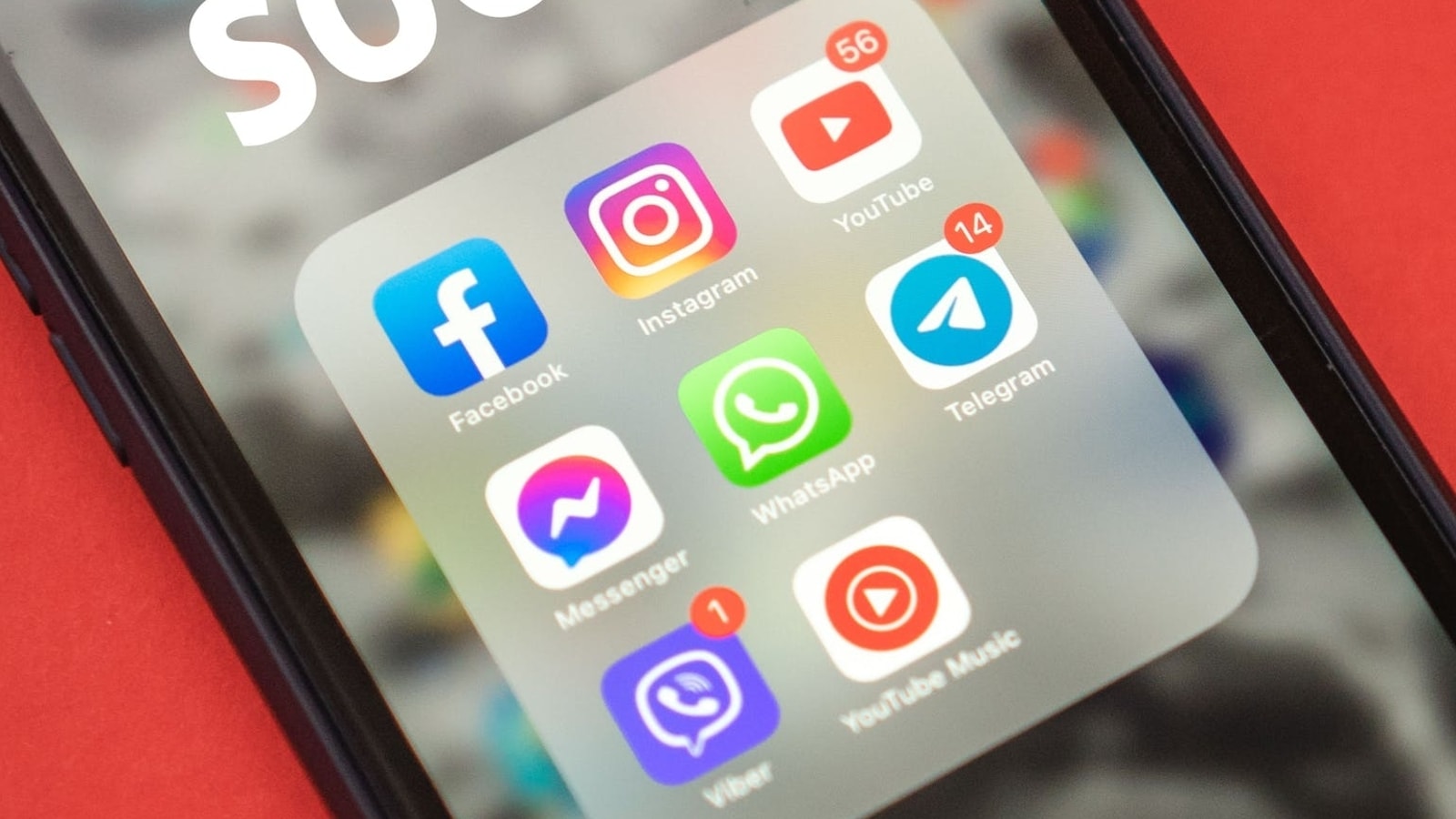
Australia will push ahead with a ban on social media for people aged under 16 despite calls by Meta Platforms Inc. for it to consider shifting responsibility for policing usage to app store operators such as Google and Apple. Prime Minister Anthony Albanese announced Friday that all state and territory leaders had signed on to the plan for age restrictions, with the government ruling out any exceptions for major services such as Facebook, TikTok or X.
The legislation will be brought before parliament in the week beginning Nov. 18, with a 12-month gap between when the bill passes and when it takes effect. No information has been provided on what personal information would be required to demonstrate proof of age on social media, or the penalties firms might face for breaching the laws.
The government has also not offered an exhaustive list of which platforms are considered social media. Communications Minister Michelle Rowland said that under the new legislation, such services would be labeled as “age-restricted.” The minister said the government would review individual websites and online services to decide whether they fall under the laws, but added that gaming services and messaging apps would likely be exempt.
Australia has a history of taking on large technology companies that run social sites, including a push in 2021 to make Meta's Facebook and Alphabet Inc.'s Google pay for news content. More recently, the government clashed with Elon Musk's X Corp.
over a failure to remove a video of a terrorist attack in Sydney. Meta Regional Policy Director for Australia Mia Garlick said that while the company agrees that young people need to have “age-appropriate experiences” on social media, it's important to consider how that can be enacted practically. “The challenge is that the technology isn't quite there yet in terms of having a perfect solution,” Garlick told Australian Broadcasting Corp.
Friday. She added that it would be better to have mobile app store providers place age restrictions on their products rather than social media companies. “If every single app is required to implement its own age-appropriate controls, then the burden really is going to fall on young people and parents for each of the different apps that a young person wants to use,” she said.
TikTok and X haven't commented on the age restrictions policy yet. Represents for Apple Inc. and Google did not immediately respond to requests for comment.
Albanese dismissed Meta's suggestion, saying he believed the government had got its proposal right and expected there would be opposition to the new laws. He said while the laws were unlikely to completely keep under-16s off online platforms, it would send an important signal. “We ban alcohol for under-18s, for purchasing.
Well, this weekend I'm sure there'll be an example of someone under the age of 18 getting access to alcohol,” he told reporters in Canberra. “Doesn't mean that you say, ‘Oh well it's all too hard, let it rip.'”.














